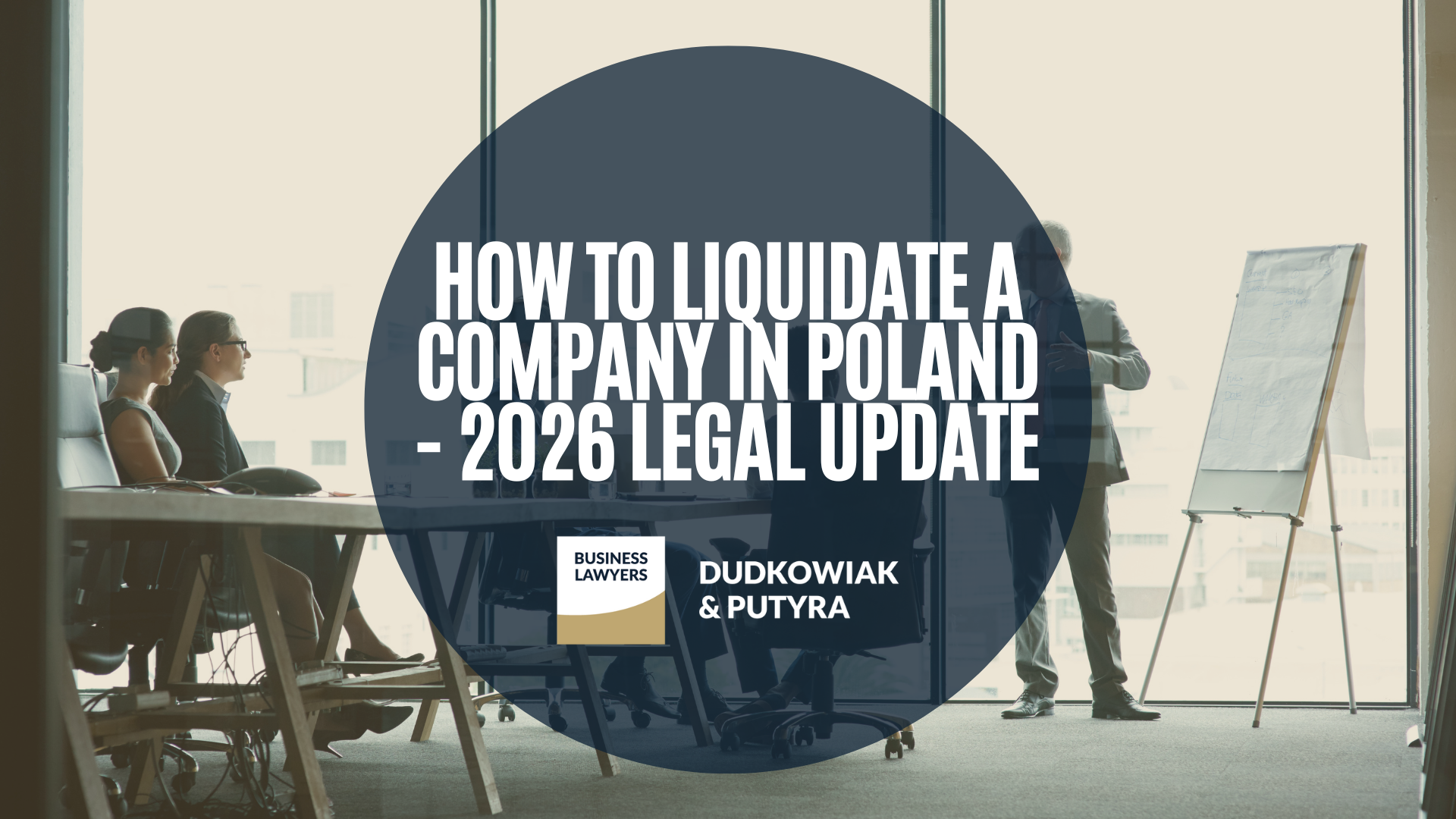2025年是“十四五”规划收官之年,也是深入贯彻《中共中央关于进一步全面深化改革、推进中国式现代化的决定》(下称“《决定》”)进一步全面深化改革的重要一年。《决定》指出:“健全企业破产机制,探索建立个人破产制度,推进企业注销配套改革,完善企业退出制度。健全社会信用体系和监管制度。”在《决定》的指引下,2025年国内围绕破产制度的立法、司法亮点纷呈,市场主体运用破产制度纾困、退出、权利维护的实践更加深入和丰富,破产重整制度在加强营商环境建设、促进民营经济发展、防范化解重大风险、增进人民福祉等方面都发挥了重要作用。值此新旧更替之际,本文试图梳理和总结2025年中国公司破产重整实务情况并展望2026年的发展态势,以求教于同仁。
一、概览
核心要点
在Novabrite Lighting Sdn Bhd v Emrail Sdn Bhd(Balaranee Construction,介入人)[2025] 11 MLJ 275一案中,高庭明确表示,法庭不会允许欠债人以司法管理作为战术手段,来阻挠债权人执行行动,而非真诚地推进公司重整。高庭以滥用诉讼程序为由驳回司法管理申请,并认可债权人在司法管理触动自动暂缓令期间提交的清盘申请,同时作出把关令,规定日后任何新的司法管理申请均须先取得法庭许可方可提出。
此外,高庭亦强调《2016年公司法》下的法定前置条件必须被严格遵守;反复依赖自动暂缓令本身亦可能构成滥用诉讼程序,并且法院将主动干预, 即便是自行行使职权(ex proprio motu),以防司法管理机制被“武器化”对付债权人。
A. 背景事实
Balaranee Construction 是 Emrail Sdn Bhd 的无担保债权人,其债权来源于未支付的劳务费用。当Emrail 未能按约定还款后,Balaranee 发出了法定通知,并随后提呈清盘申请。
파산관재인이 권리변동의 성립요건인 '등기행위'를 부인했더라도 그 원인행위인 '출연행위'가 여전히 유효하다면, 수익자는 부인등기가 되기 이전까지 해당 부동산을 점유·사용할 정당한 권원이 있으므로, 부당이득반환 의무를 부담하지 않는다고 판시한 사례.
1. 사안
채무자 회사(이하 ‘채무자’)가 파산선고 전 피고 재단법인에게 부동산을 출연하고 소유권이전등기를 마쳐주었는데, 이후 채무자의 파산관재인(원고)이 채무자 회생 및 파산에 관한 법률(이하 ‘채무자회생법’) 제394조 제1항에 따른 등기부인 청구로 위 소유권이전등기 (이하 ‘이 사건 등기’)만을 부인하는 판결을 받아 피고 명의의 이 사건 등기를 부인하는 내용의 등기(이하 ‘이 사건 부인등기’)가 마쳐진 후, 피고를 상대로 소유권이전등기 시점부터 이 사건 부인등기가 마쳐진 전날까지 부동산을 점유·사용한 것에 대해 부당이득 반환을 청구한 사안임.
2. 원심의 판단
The United Arab Emirates has established a sophisticated legal framework for financial restructuring and bankruptcy, most recently embodied in Federal Decree Law No. 51 of 2023 (the Insolvency Law). The Insolvency Law is not only a technical instrument addressing debtor and creditor interests but also a legislative tool designed to protect the broader public interest and uphold public order.
Pursuant to the amendment published in the Official Gazette dated 10 December 2025, No. 33103, the wording “1/1/2026” in Temporary Article 1 of the Communiqué on the Procedures and Principles Regarding the Implementation of Article 376 of the Turkish Commercial Code (the “Communiqué”) has been replaced with “1/1/2027”, and the amendment entered into force on the date of its publication.
The answer is “no”, following a recent decision by the General Division of the High Court of Singapore (Court) which provides welcome guidance on the admission of proofs of debt.
清算退出是私募基金全生命周期的“最后一公里”,直接关系投资者本金回收、基金财产安全处置及管理人合规责任闭环。若管理人怠于履行清算义务,不仅会触发监管处罚,更可能引发投资者集体仲裁/诉讼,严重损害市场声誉。
此前,本系列指南已覆盖基金募集、投资运作、投后管理等环节的合规要点;本篇作为第四篇,将聚焦清算退出环节的高频违规场景,拆解法律风险、明确监管依据、提供可落地的自查与整改方案,为管理人合规开展清算工作提供指引。
一、私募基金管理人怠于履行清算义务
1、典型案例简介
北京中扶私募基金有限责任公司(化名,以下称“中扶公司”)系在中国基金业协会登记的股权类私募基金管理人。2018年5月,中扶公司备案“中扶3号基金”(以下称“涉案基金”),募集规模人民币5,000万元,合伙协议明确约定基金存续期为5年,其中前4年为投资期,最后1年为退出期。涉案基金备案完成后完成对2家标的企业的股权投资,并约定如被投企业未在约定时间内完成上市或并购,被投企业实控人需按“本金+年化8%收益”的价格回购涉案基金持有的股权。

Considering Company Liquidation in Poland?
The Supreme Court of New South Wales has clarified the circumstances in which a liquidator may recover deposit funds paid to a third party and the extent to which a counterparty may rely on the good-faith defence under section 588FG of the Corporations Act 2001 (Cth).
